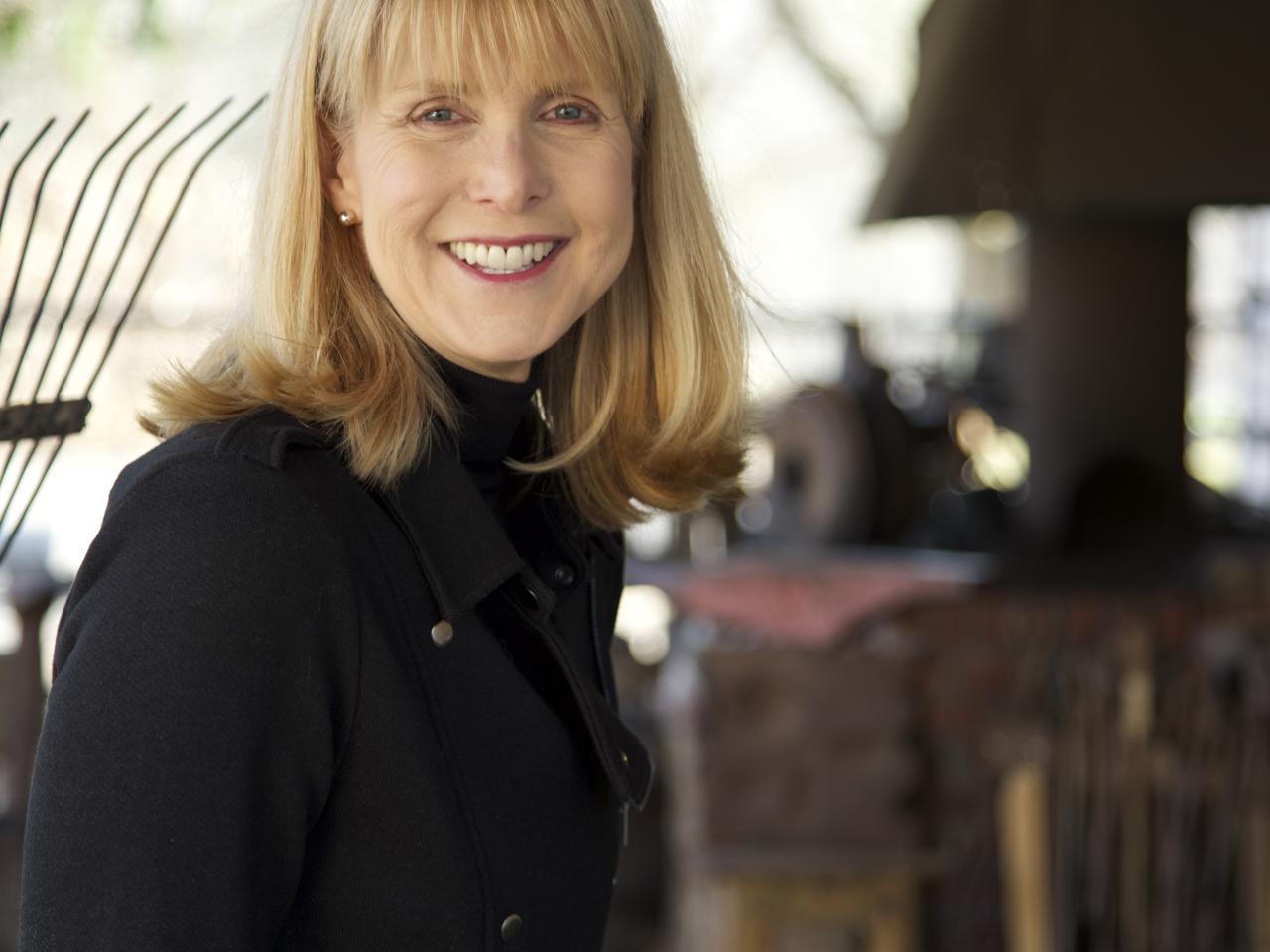Meet New Day: LeeAnn Dance

I suppose I was destined to end up first in journalism and then making documentaries. I realized at a young age that I was sensitive to injustice, whether it was my brother tricking me into a phone call to the wrong number, or one country “colonizing” another. Injustice made me mad, and it’s what drew me into journalism. I also wasn’t content to think local, and my first real-world experience was as a freelancer in East Africa. I was a lot less risk-averse then. It’s probably inevitable though that my first independent documentary would take me back to the continent where I started my career.
My Dear Children is the story of a little-known humanitarian tragedy – the massacre of hundreds of thousands of Jews in Eastern Europe following World War I. The history of these massacres is revealed through the quest of Judy Favish, a South African Jew, to unravel a family mystery – why her father would never talk about how he and his sister ended up in an orphanage in Johannesburg. Judy’s father survived what scholars today describe as “the holocaust of its day.” Those massacres are now seen as a precursor to the Holocaust just 20 years later, and while little-known, this piece of history is shared by Jews around the world.
I am not Jewish, but making My Dear Children was deeply personal for me. Judy’s cousin is a dear family friend and a doctor. He was a lifeline to me nine years ago when my husband suffered a life-threatening stroke. As I prepared to make this documentary, I realized that Judy and her cousin, my friend upon whom I had leaned so heavily, were alive because their relatives had escaped those massacres. And thus I, a non-Jew in Northern Virginia, had been impacted by little-known events a continent away and more than 100 years ago. If I was impacted, then surely many others have been too, and, like me, have no idea.
Before embarking on our first shoot, I researched what other films had been made about these massacres. None. I was dumbfounded. But as I dug deeper, I began to understand why. The chaos of war, destruction of records, and overshadowing events of the Holocaust all combined to keep this piece of history largely in the dark. Many scholars today are working to change that, and this film can be a tool toward that goal.
Many of the people who died in those massacres simply disappeared. Entire villages were wiped out. Their memory erased. I hope My Dear Children brings awareness to this forgotten history, the repercussions of anti-Semitism, and what we should learn from it.